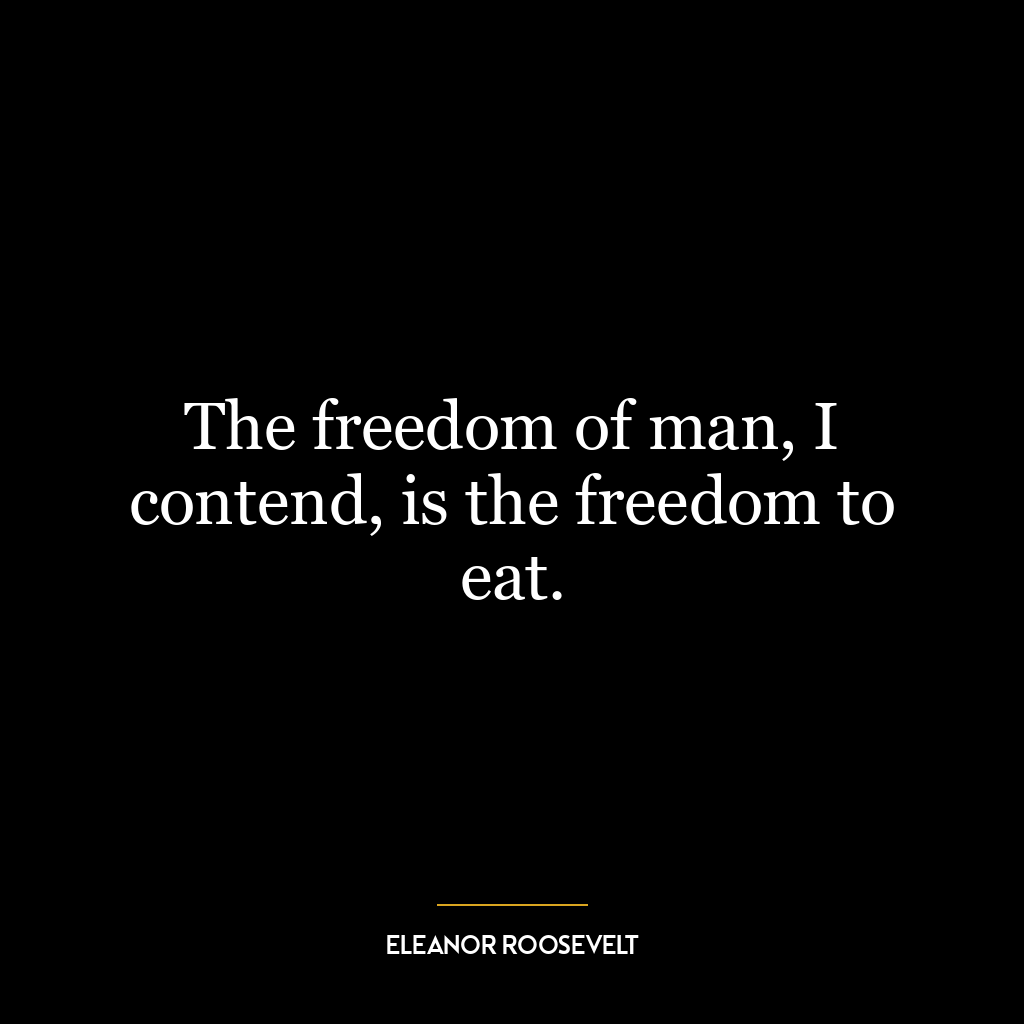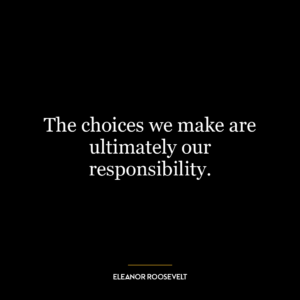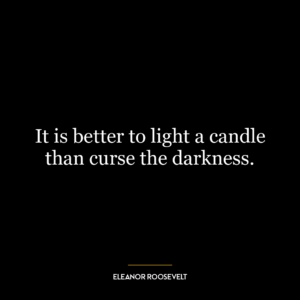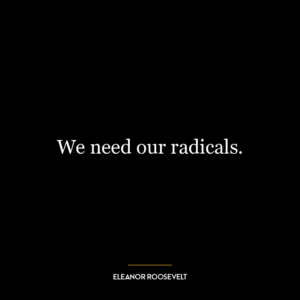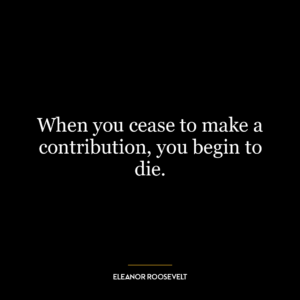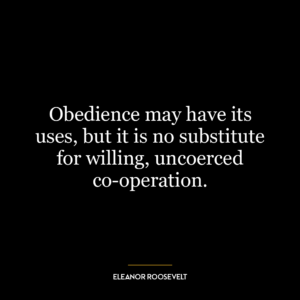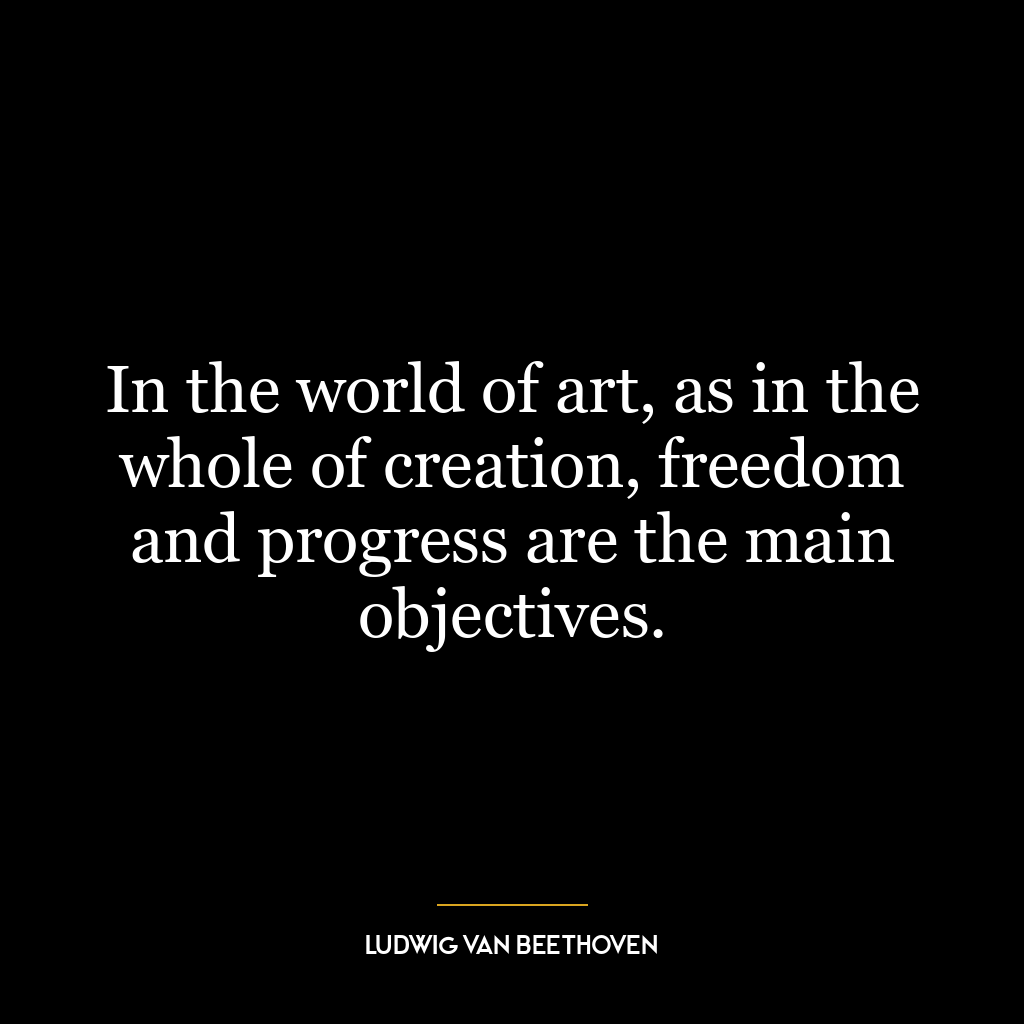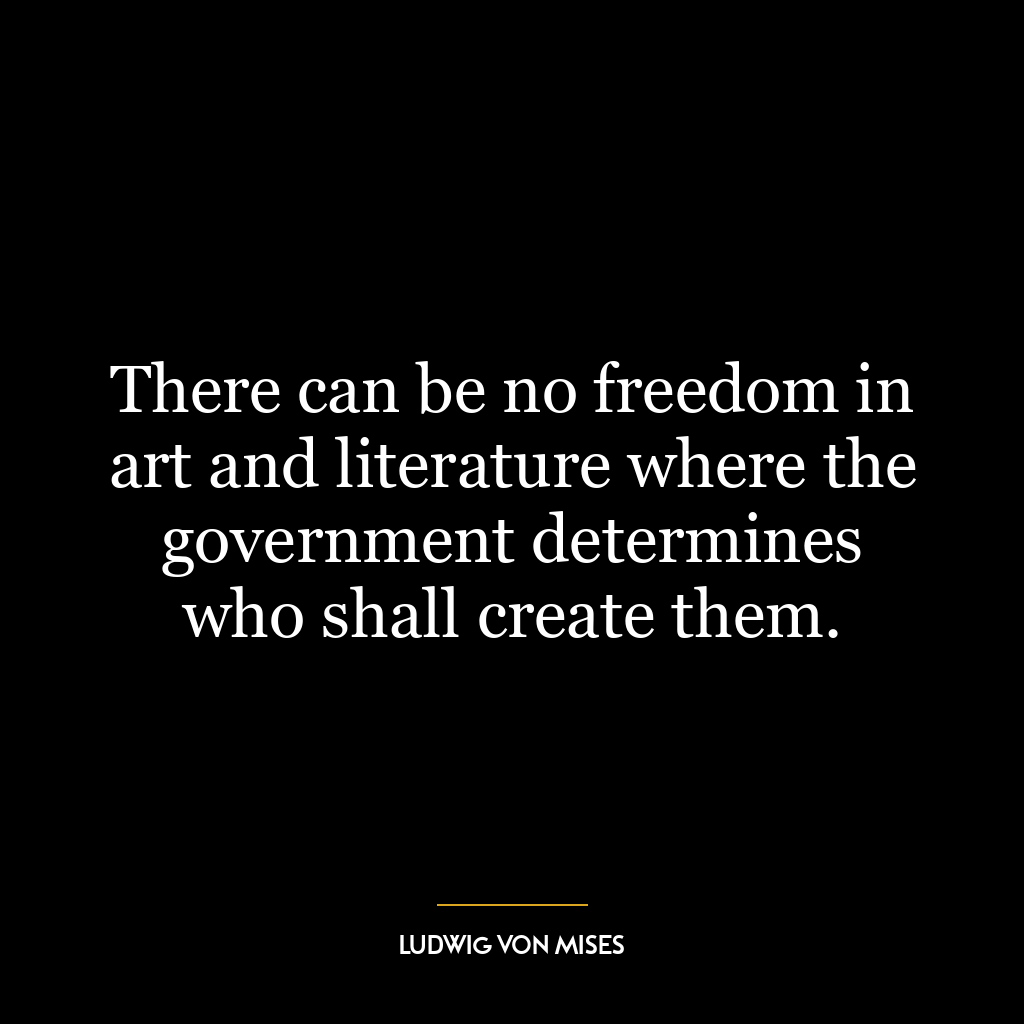The freedom of man, I contend, is the freedom to eat.
This quote, “The freedom of man, I contend, is the freedom to eat,” is a profound statement about the basic human right to sustenance. It suggests that true freedom is not just about political or social liberties, but also about the fundamental ability to nourish oneself. It underscores the idea that freedom is meaningless if a person is not free from hunger or the worry of where their next meal will come from.
In the broader sense, it implies that freedom is not just about the absence of oppression, but also about the presence of opportunities. It is about having the means to meet basic needs and the ability to make choices about one’s life. This perspective reframes the concept of freedom, extending it from a purely political or legal concept to a socio-economic one.
In today’s world, this quote is still very much relevant. Despite advancements in technology and wealth, hunger and food insecurity are still major global issues. The freedom to eat, in this context, could be seen as a call to action to address these issues. It could be interpreted as a call to ensure that everyone, regardless of their socio-economic status, has access to nutritious food.
In terms of personal development, this quote might inspire us to think about freedom not just in terms of our own personal liberties, but in terms of our responsibilities to others. It encourages us to consider how we can contribute to creating a world where everyone has the freedom to meet their basic needs. This could involve advocating for policies that address food insecurity, volunteering at a local food bank, or even just being more conscious of our own consumption and waste.
In conclusion, this quote is a powerful reminder that freedom is not just about individual liberties, but also about ensuring that everyone has the opportunity to meet their basic needs. It challenges us to broaden our understanding of freedom and to consider how we can contribute to creating a more equitable world.

